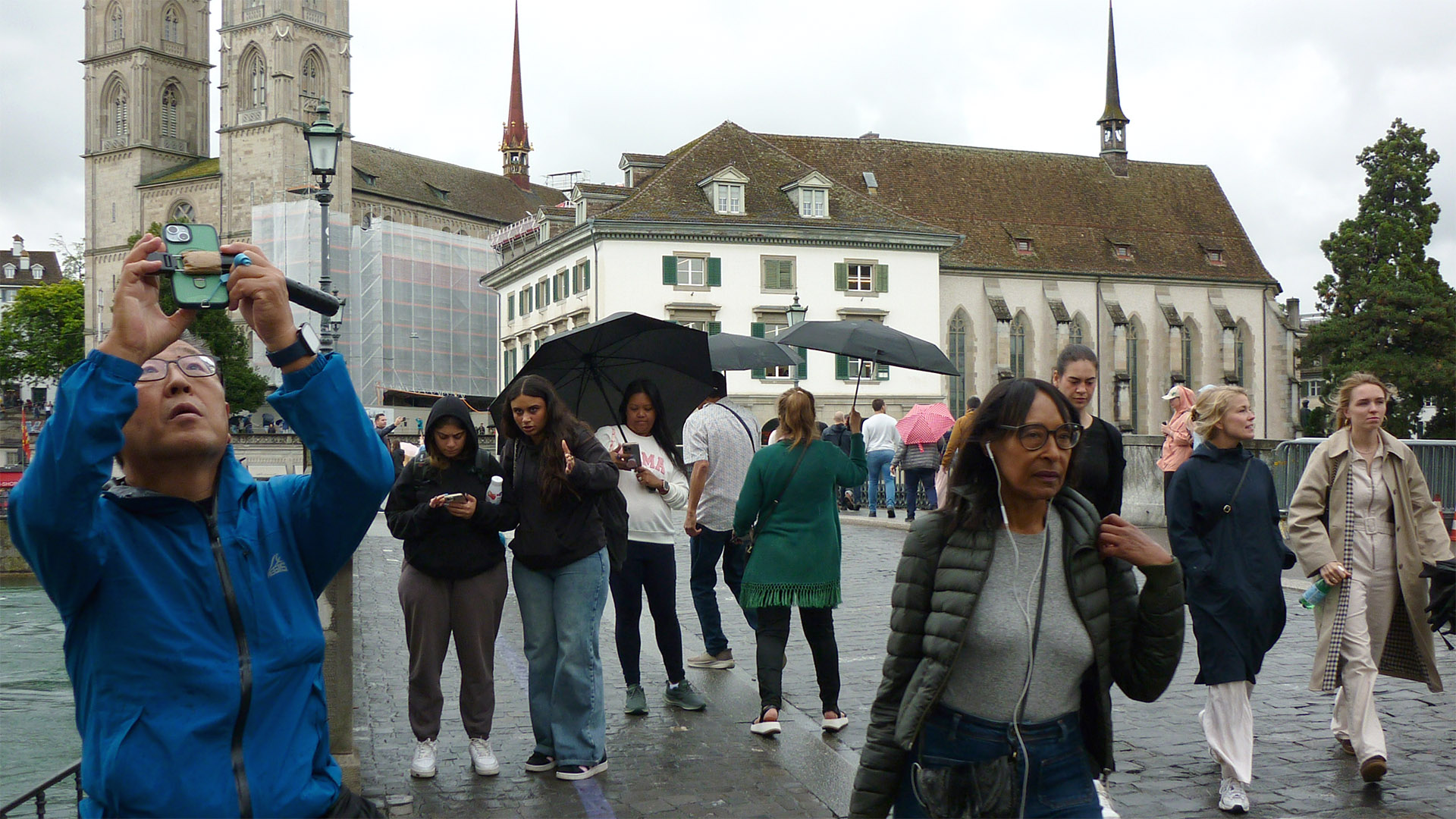 Caroline Ting, untitled, 2025
Caroline Ting, untitled, 2025
Modulverantwortung: Caroline Ting
Lehrteam: Caroline Ting, Assistant: João Moreira
Framing the theme ‹Permanent Vacation›, this module examines how cities and specific urban sites operate simultaneously as lived environments and as destinations attractive to diverse publics, noting that some places are explicitly produced for tourism while others become transient tourist centralities through media visibility, events, built-environment change, change of use, or simply by chance. It first establishes a shared theoretical foundation and vocabulary, drawing from urban theory and urban research, to analyze urban qualities and to recognize how these qualities co-produce urban experience. These concepts are then investigated in selected urban spaces through field inquiries that utilize a triangulation of methods suitable for urban and architectural analysis. Throughout, the inquiry asks how the respective qualities are expressed, what relations obtain among them, and what these relations imply for tourist uses and everyday practices alike. Particular emphasis is placed on the specificity and complexity of each urban space: how the place has evolved into its present condition, how it is encountered and used today, how these aspects manifest at spatial and socio-spatial scales, and which potentials and risks they entail. Outcomes include the ability to articulate and compare urban qualities in precise theoretical terms, to identify links between them, and to formulate concise, evidence-informed positions on how site-specific qualities enable or constrain both tourism and daily life. As a running thread, and through the use of research methods, the module co-develops a concise glossary of tourism-specific urban qualities that extends established categories and turns the module into a small laboratory for concept formation, identifying key tensions around spatial practices, overtourism, eventization, and visibility, rendering them discussable and actionable.
Veranstaltungen
Mondays, 8:30–10:55